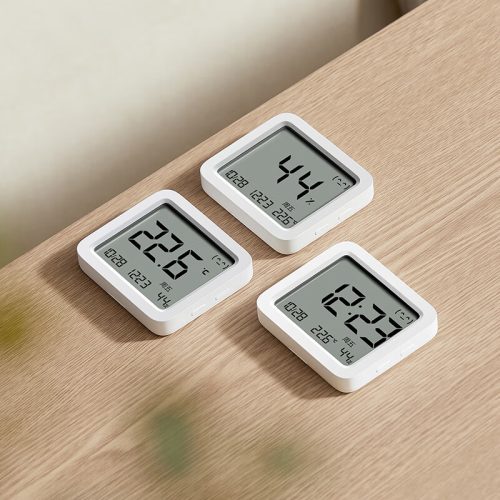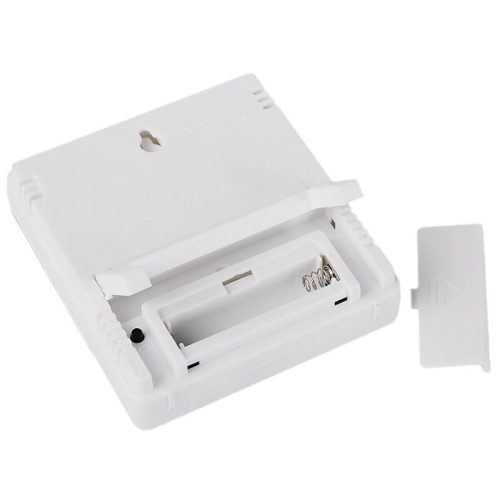Choosing the right thermometer depends on your specific needs, the intended purpose of use, accuracy requirements, ease of use, and the environment in which it will be used. Here are some considerations when choosing a thermometer:
- Type of Measurement: Consider whether you need to measure body temperature, surface temperature, environmental temperature, or the temperature of objects or liquids.
- Accuracy: Depending on the application, accuracy requirements may vary. Medical-grade thermometers need higher accuracy compared to those used for general household purposes or outdoor temperature measurements.
- Speed: Some thermometers provide quick readings, while others might take a bit longer to display the temperature accurately. Consider the time sensitivity of your needs.
- Ease of Use: Choose a thermometer that is user-friendly and suitable for the age group or individuals using it. For instance, digital thermometers are often more convenient for home use due to their easy-to-read displays.
- Type of Thermometer:
- Digital Thermometers: They are versatile, accurate, and easy to read. Suitable for oral, rectal, or armpit measurements for medical purposes. Some models offer forehead or ear measurements.
- Infrared Thermometers: Ideal for non-contact temperature measurements of surfaces or objects. They are quick and suitable for various applications, including industrial, cooking, or medical use.
- Ear Thermometers: Quick and relatively non-invasive for measuring body temperature, often used in medical settings.
- Temporal Artery Thermometers: These measure temperature from the temporal artery on the forehead and are used in medical settings for quick readings.
- Smart Thermometers: Some thermometers sync with smartphones or other devices, allowing for easy data tracking and analysis.
- Environmental Considerations: Ensure the thermometer is suitable for the environment in which it will be used. For instance, some thermometers may not perform well in extreme temperatures or humidity.
- Budget: Consider your budget constraints. Higher accuracy and additional features may come with a higher price tag.
- Safety and Hygiene: For medical purposes, consider thermometers that are easy to clean and disinfect to prevent cross-contamination.
Always read reviews, check product specifications, and, if possible, consult with professionals or experts to ensure that the thermometer you choose meets your specific requirements and provides accurate and reliable temperature measurements.


